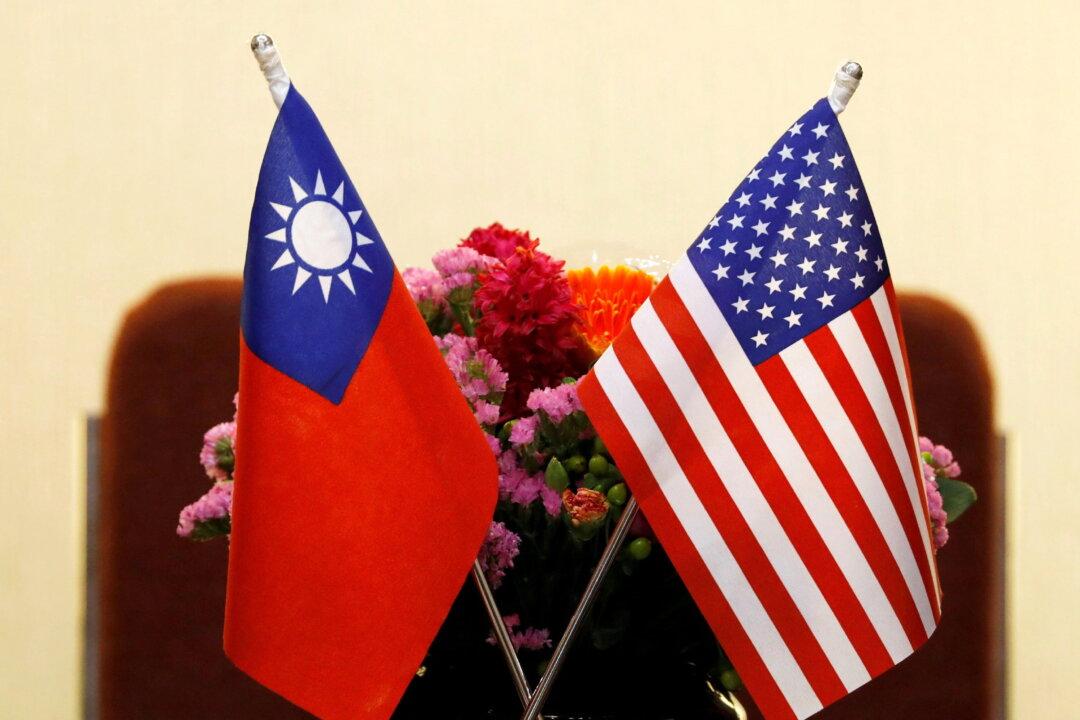Commentary
Rep. Claudia Tenney (R-N.Y.), a member of the House Foreign Affairs Committee, became the first elected official to say that the United States should abandon its policy of strategic ambiguity and declare it will defend Taiwan from Chinese invasion. The statement came on Fox News’ “Sunday Morning Futures“ on May 29.





